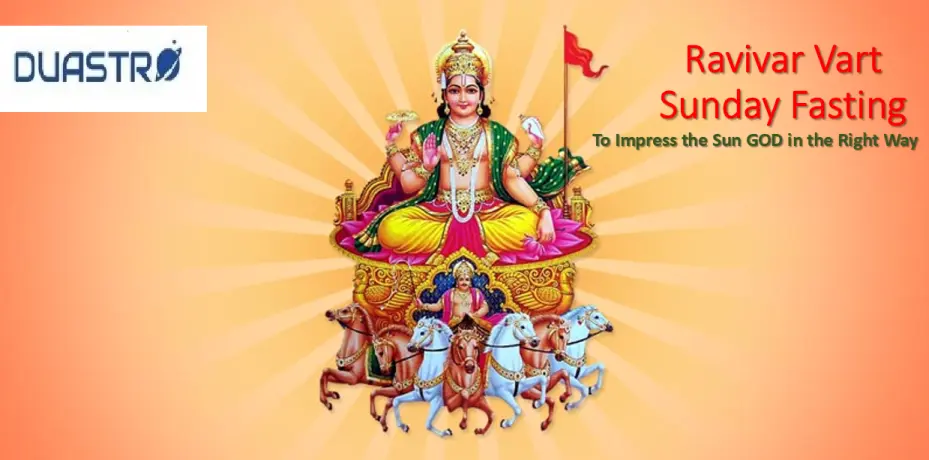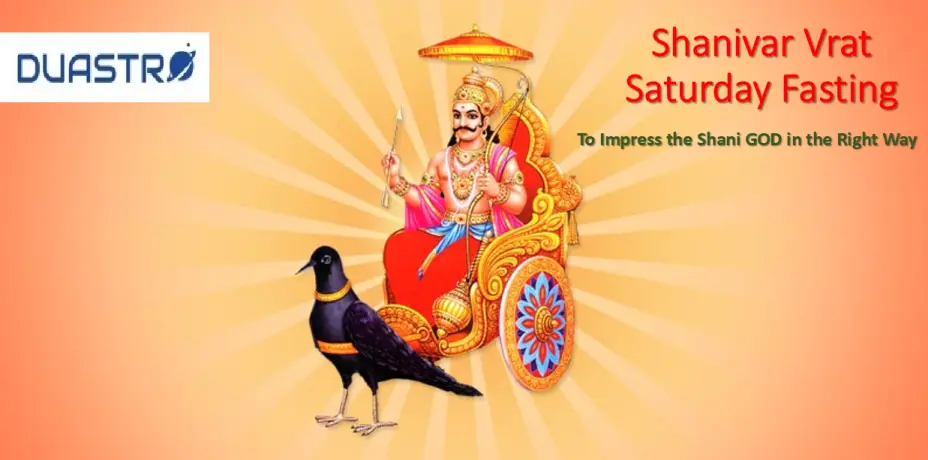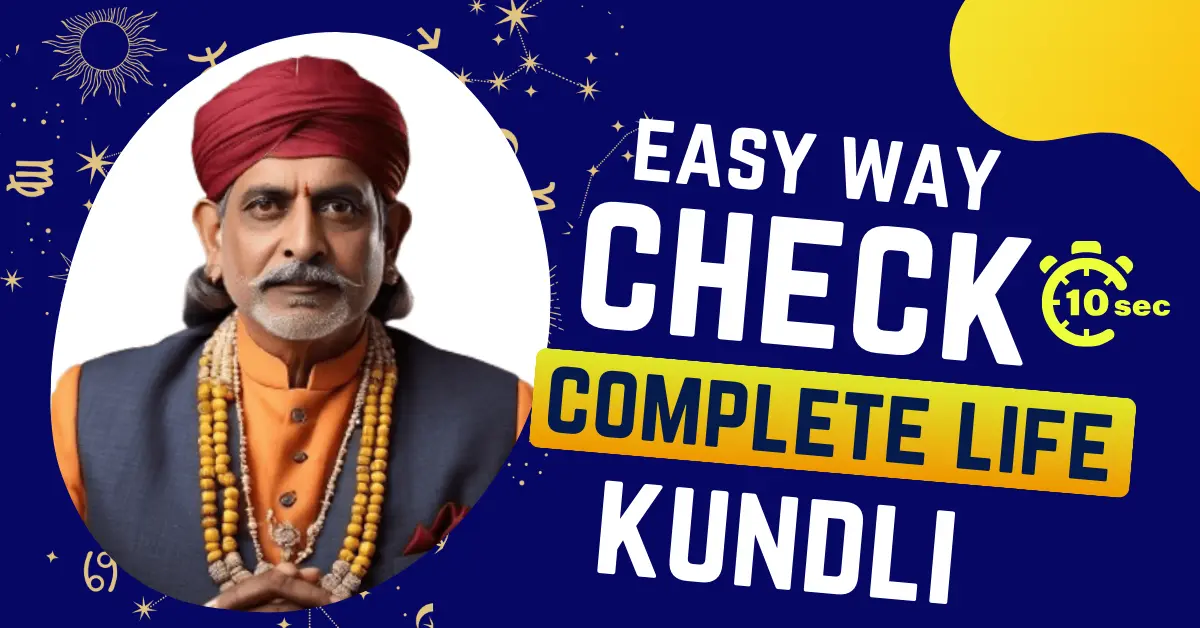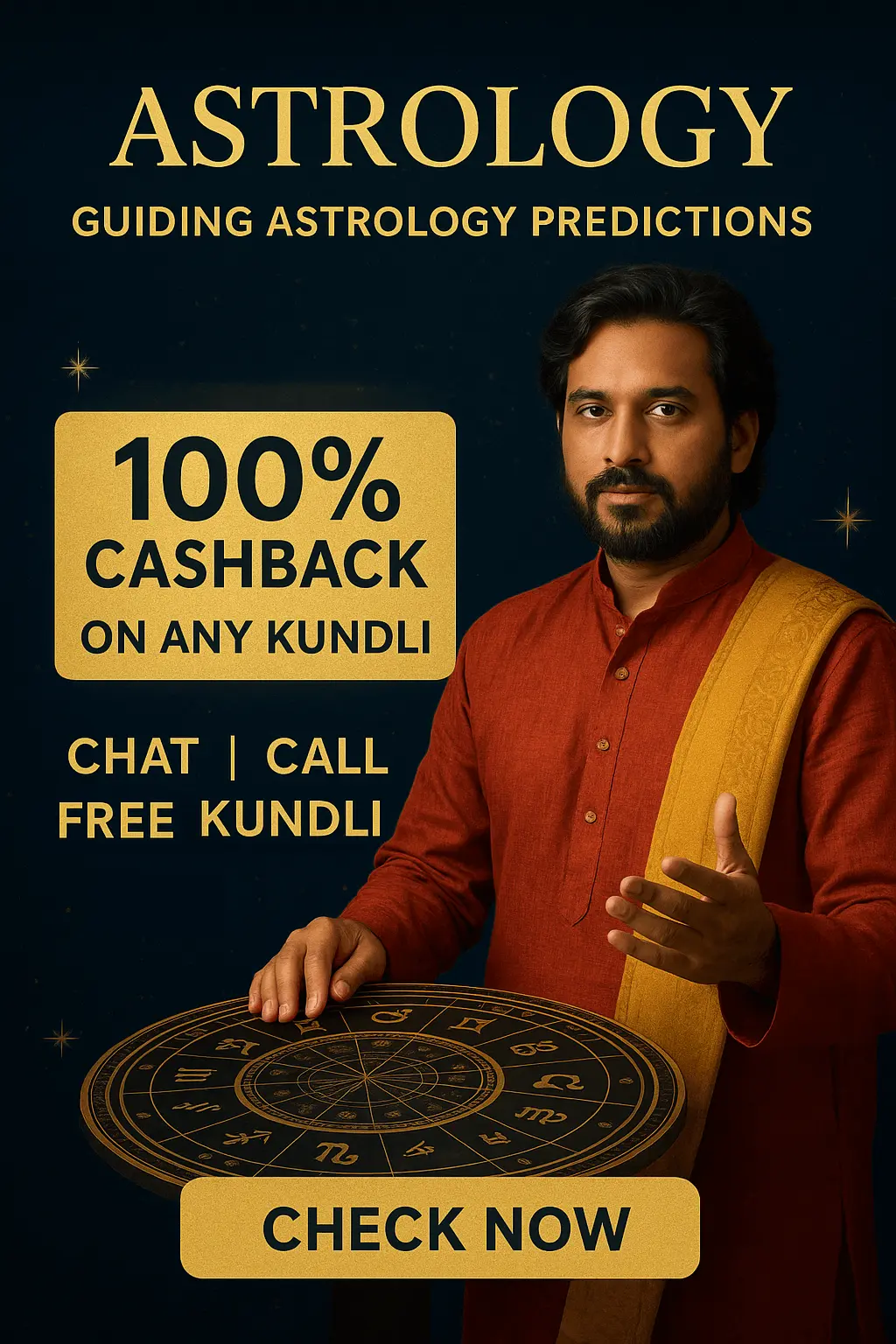Introduction to Buddha Jayanti & Its Astrological Importance
Buddha Jayanti also known as Buddha Purnima is one of the most sacred days for those who follow Buddhism & for millions who respect its teachings across the globe. It commemorates the birth enlightenment & Mahaparinirvana of Lord Buddha marking a spiritual triad that emphasizes wisdom peace & compassion. From an astrological point of view this day holds immense significance as it usually falls under a full moon a phase associated with clarity heightened intuition & deep spiritual energy. Astrologers often stress that meditative practices rituals & planetary alignments on this day can have lasting effects on personal growth karmic healing & spiritual balance. According to Astro Vikram Singh who has been guiding people for over 18 years in Vedic astrology & planetary remedies Buddha Jayanti is not only a cultural celebration but also a cosmic opportunity to reset energy & bring harmony into life. For those exploring their life predict horoscope this occasion provides deeper understands into personal destiny & karmic cycles.
Benefits of Observing Buddha Jayanti
One of the primary benefits of observing Buddha Jayanti lies in its ability to bring mental clarity & emotional healing. The full moon associated with this day often amplifies meditative energy making it an ideal time for spiritual reflection & mindfulness. Astrologically this is believed that chanting fasting & acts of compassion performed on Buddha Jayanti reduce the negative impact of malefic planets while strengthening the protective energy of benefic planets. People often notice improved focus in their careers good relationships & even relief from long-standing family conflicts after sincerely observing this day. From a karmic perspective Buddha Jayanti is considered highly effective in cleansing past deeds & creating positive energy that flows into future endeavors. Individuals who are facing challenges in health finance or career can benefit from practicing specific rituals on this day as suggested in astrology. For example those consulting their health horoscope may find that Buddha Jayanti is an better time to begin a new wellness routine or adopt lifestyle changes for overall healing.
Types & Variations of Buddha Jayanti Celebrations
While Buddha Jayanti is universally celebrated its observance varies across cultures & regions each carrying astrological undertones. In India this is celebrated in Bodh Gaya where Lord Buddha attained enlightenment making it a hub of cosmic energy during this period. Astrologers advise visiting sacred rivers or monasteries on this day as water & spiritual vibrations cleanse planetary afflictions. In countries like Sri Lanka Thailand & Myanmar the celebrations involve lighting lamps & releasing caged animals symbolizing liberation from karmic bondage. Each ritual connects to astrological symbolism where light represents planetary guidance & releasing creatures perfectly go with freedom from Saturn karmic hold. Even within India different regions stress various aspects; some focus on Buddha birth while others stress his enlightenment or Mahaparinirvana. For those consulting astrology houses observing these variations can reveal how Buddha Jayanti perfectly go differently with each individual birth chart providing understands into their spiritual journey. So the diversity in celebration underscores the adaptability of its wisdom allowing people to align rituals according to their planetary needs & cultural roots.
How & When to Use Buddha Jayanti for Spiritual Practices
Astrologically Buddha Jayanti is best utilized during sunrise noon & under the full moon when celestial vibrations are strongest. Many astrologers including Astro Vikram Singh recommend beginning the day with meditation recitation of mantras & offering lighted lamps to symbolize the illumination of the mind & soul. Donating food clothes or books during this time is seen as a practical way to reduce karmic debts while attracting blessings from Jupiter the planet of wisdom. This is also suggested that one should stop from anger material indulgence & harmful speech during this day as the full moon magnifies both positive & negative energies. For individuals facing marital issues spending time in mindful prayer on this day can strengthen understanding just as those interested in married life horoscope readings can gain deeper clarity. The timing of Buddha Jayanti rituals perfectly go with planetary transits making it a powerful opportunity to reset emotional spiritual & karmic patterns for the year ahead.
Remedies & Astrological Practices on Buddha Jayanti
Remedies observed on Buddha Jayanti are deeply connected with planetary alignments & karmic cleansing. Chanting sacred mantras such as "Om Mani Padme Hum" or specific Buddhist prayers during the full moon can pacify malefic planets like Rahu & Saturn while strengthening benefic energies from Jupiter & Venus. Donating yellow clothes sandalwood rice & milk is considered better for those suffering from career or financial hurdles as these offerings align with the planetary elements of prosperity. Fasting even partially is believed to control negative impacts of the Moon which rules emotions & mental balance. For those troubled by recurring family issues astrologers often recommend lighting lamps at Bodhi trees or sacred places during Buddha Jayanti which can harmonize relationships & restore peace. Also consulting services like in-depth horoscope analysis during this time provides personalised remedies for long-term planetary issues. Such practices not only honor Lord Buddha teachings but also align with Vedic astrological traditions ensuring both spiritual & practical relief from life challenges.
Conclusion
Buddha Jayanti is not merely a religious festival but a celestial alignment that bridges spirituality & astrology. It offers an opportunity for people to increase compassion wisdom & inner transformation while also addressing karmic imbalances through astrological remedies. Observing this day with sincerity can help improve health relationships career growth & overall life stability. Whether through meditation charity fasting or astrological consultations Buddha Jayanti brings people closer to a balanced state of mind & cosmic harmony. Those seeking clarity in areas like career horoscope or personal relationships can use this day as a powerful starting point. By honoring both the spiritual teachings of Lord Buddha & the planetary energies influencing our lives one can achieve overall growth & peace. In the end Buddha Jayanti serves as a reminder that inner peace karmic balance & planetary alignment are interconnected guiding us toward a good existence in both worldly & spiritual realms.
About the Expert: Astro Vikram Singh
This article is written with understands from Astro Vikram Singh a famous Vedic astrologer with more than 18 years of experience in guiding individuals through planetary remedies career challenges health concerns & spiritual practices. His specialization lies in interpreting planetary transits karmic impacts & astrological remedies that bring real-life solutions. Over the years Astro Vikram Singh has helped thousands achieve clarity in areas such as family life professional growth & spiritual awakening. His deep understanding of astrology combined with practical applications rooted in tradition makes him a trusted voice for those seeking overall well-being through astrological wisdom. His expertise ensures that the significance of Buddha Jayanti is explained not just as a festival but as a celestial opportunity for inner transformation & karmic healing.

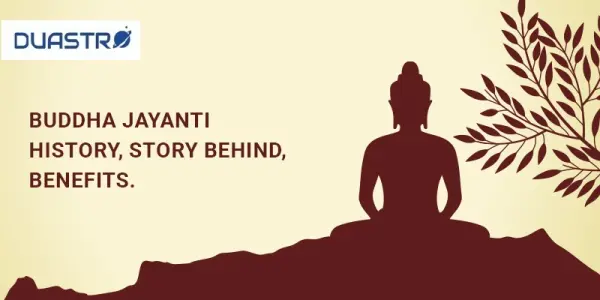
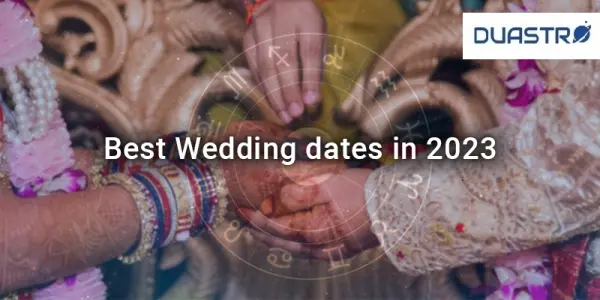
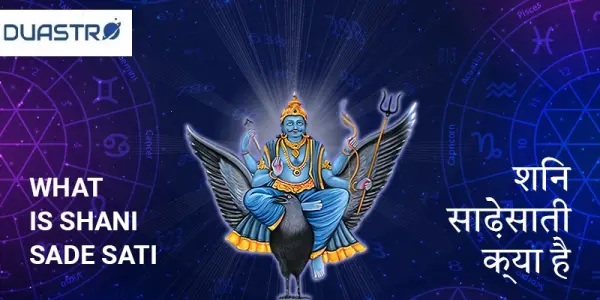
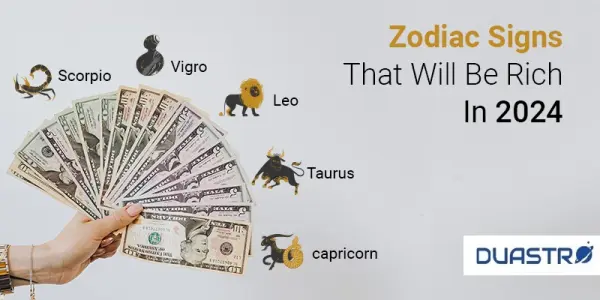
.webp)
